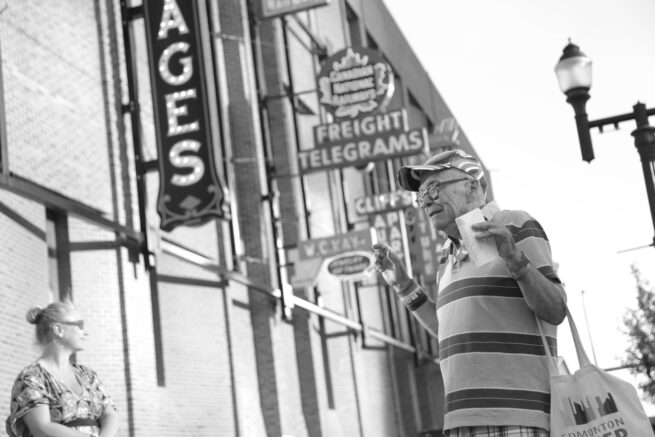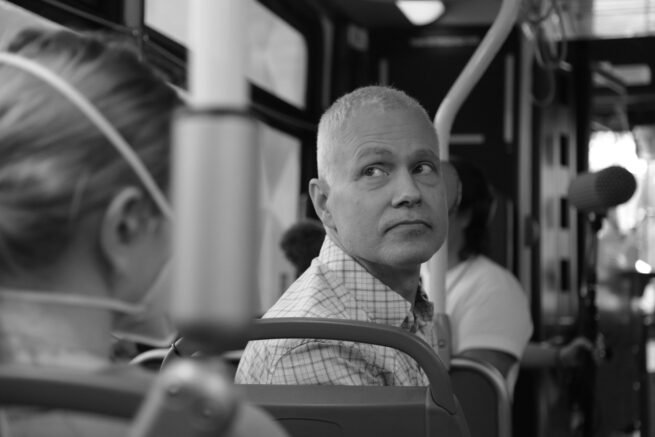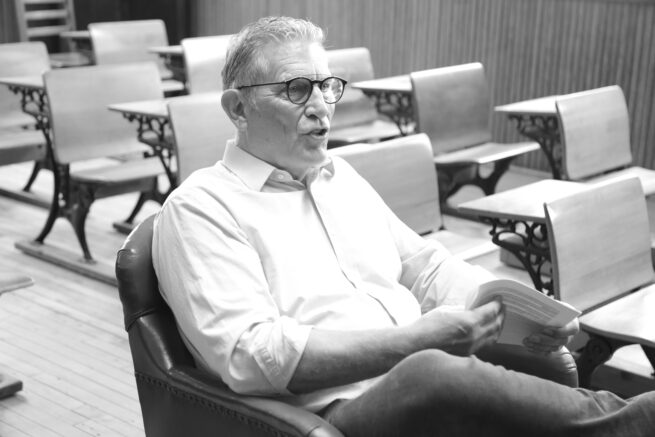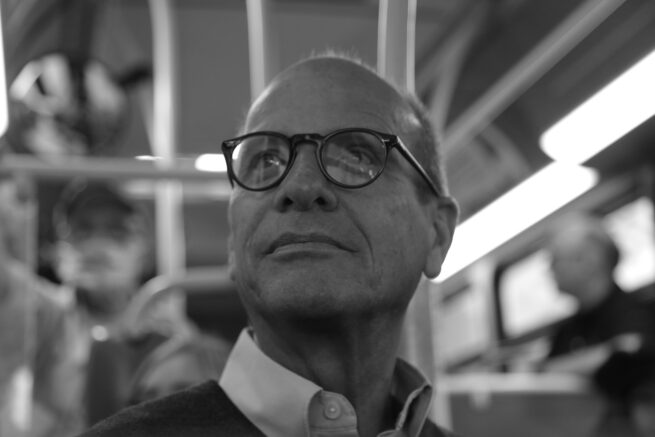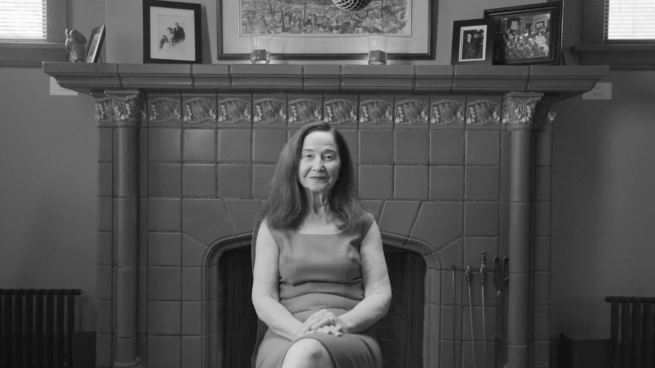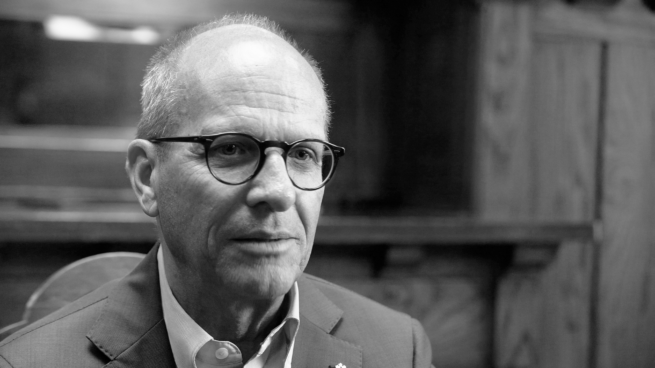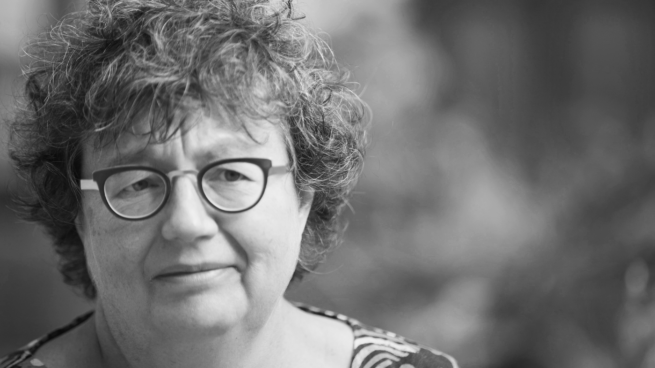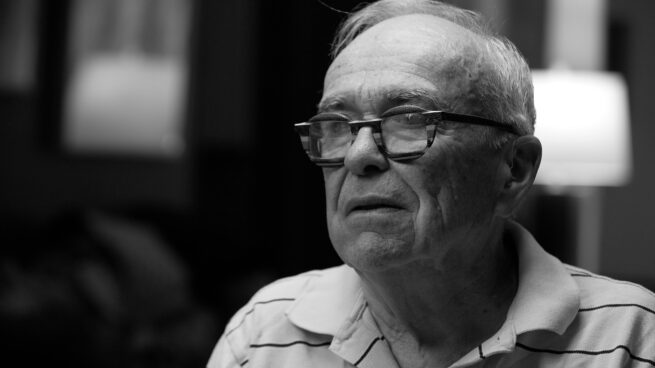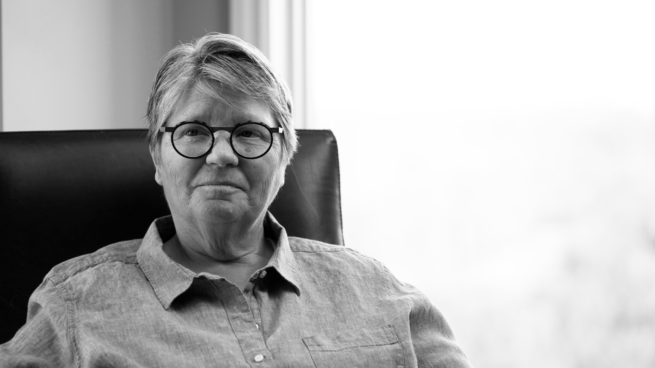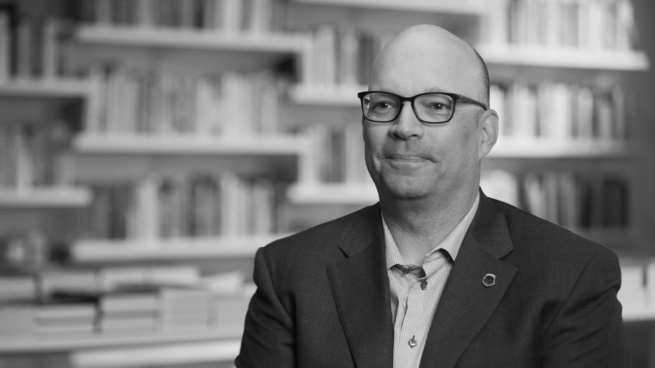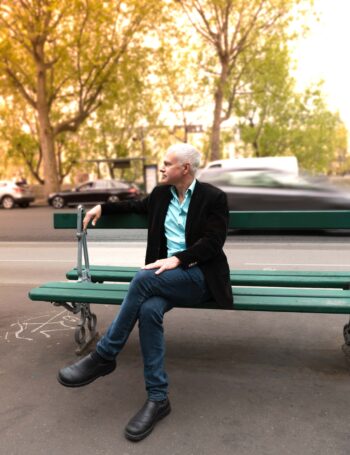March 20, 2024
Edmonton Community Foundation and the Edmonton Queer History Project are proud to present Pride vs. Prejudice: The Delwin Vriend Story.
Pride Versus Prejudice: The Delwin Vriend Story is the most extensive and expansive first-person account ever produced about the pivotal legal battle over human rights that changed Canada.
Written and directed by award-winning queer historian Darrin Hagen, and produced by Edmonton Community Foundation (ECF) and the Edmonton Queer History Project (EQHP), this feature film and podcast series comprises more than a dozen in-depth interviews. In this series, viewers and listeners are invited behind the scenes as the legal team of Sheila Greckol and Doug Stollery, working closely with academics, activists, politicians and the 2SLGBTQI+ community of Edmonton, set out to change the way the Government of Alberta treats its 2SLGBTQI+ citizens.
Listen to the podcast below or on ECF’s national award-winning The Well Endowed Podcast.
